This morning after Shavasana, which is the final relaxation phase of a yoga class where you are to clear your mind of everything and just relax, I started thinking about anxiety. A client expressed to me the other day how anxious he was when I had anesthetized his pet. Anxiety is a crummy aspect of caring. It’s important to care and own your emotions, but when it goes overboard it can be self-destructive.
I come from a family of “hand wringers”. If anyone had even a routine doctor appointment my mom and her cousin would sit out in the waiting room and fret and worry. When I was a kid my mother’s anxiety fostered anxiety in me. It wasn’t until my early forties that I really stopped being a worrier. Now that I’m nearing 50 and work for ADWDiabetes and run my own veterinary hospital, I’m no longer one to fret and worry. I sometimes think maybe just I’m too tired to fret and worry. Regardless of the cause it is a beautiful thing being on the other side.
When I have a client who is anxious about a procedure, I do my best to quell the anxiety by telling the client what I hope to happen, what will probably happen, the worst case scenario and what we would do should the worst case scenario manifest. Sometimes playing the “what if” game to conclusion will help a client have less anxiety about a procedure.
Perhaps the biggest source of anxiety for many pet owners is anesthesia. One of my friends actually sat in my lobby (similar to my mom’s hand wringing days) when I spayed her dog and removed a few baby teeth. I wasn’t in the least bit anxious about her pet’s surgery. I used to run spay/neuter campaigns in undeveloped countries and have done so many spays that it’s as simple as brushing my teeth. Nonetheless, her worrying up in my lobby added an extra factor. Should it have been a complicated surgery, one that made ME anxious, her worrying would have potentially cause me anxiety as well.
When folks tell me that they are anxious about anesthesia I give them a tour of the surgery room or procedures room. I show them all the anesthesia monitoring equipment and show them the book where I have the pre-calculated emergency drug dosages so we don’t have to do math in a hurry should things go awry. Sometimes, when the worry seems completely uncalled for, in a spay for example, I may tease the client and say, “Don’t worry… I’ll tell you when to worry.”
Worry can come from the vet side as well. A few months back I hired an associate veterinarian. I call her my baby vet as she just graduated in 2016. She is my little genius, beautiful on the inside and out, and very compassionate. She has way more savvy and clinical intuition than I had when I was a baby vet. I’ve been practicing 24 years, so seeing her fret over her “firsts” reminds me of the road I traveled so many years ago. Each doctor goes through this. I see her anxiety when she must deliver bad news to a client. It is a horrible aspect of this career, giving the worst-case-scenario news to a pet’s family. I’ll admit that sometimes I start crying right alongside the family, particularly when I’ve known the pet for years.
I’m not saying I am immune to worry. Take my own kitties for example. I’m very proactive about their health care. I run their lab work every 6-8 months since they are now both 12 years old. One of them needs her teeth cleaned every 6 months. I’ll admit that when I run their lab work I’m looking for their results as soon as they are released by the lab. I wait to exhale until a procedure is done. I try to dissociate from the fact that I’ve got my own beloved darling under anesthesia. Some vets won’t even do procedures on their own pets due to the emotional factor and instead opt to have an associate do the procedure.
What I wish to impart on you, a veterinary client, is to channel any anxiety you feel. Don’t be a “hand wringer” like my mom and her relatives were. Sit back and breathe. Or if you can’t relax, at least spend that time to educate yourself on the situation at hand. You worrying won’t make the procedure go any better or worse. It will simply stress you out. And your stress might then stress out your veterinarian.
Have a question or comment? Post below or email me at [email protected]. I always enjoy hearing from my readers!
NOTE: Consult your veterinarian first to make sure my recommendations fit your pets special health needs.
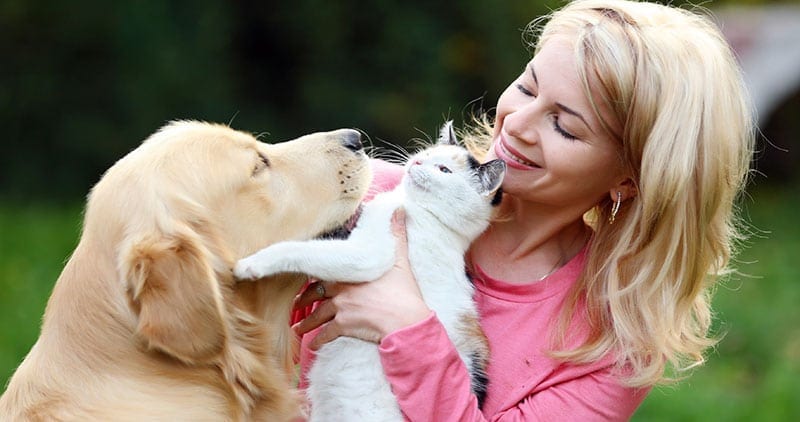
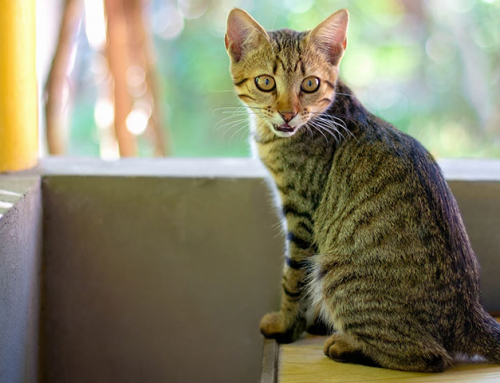
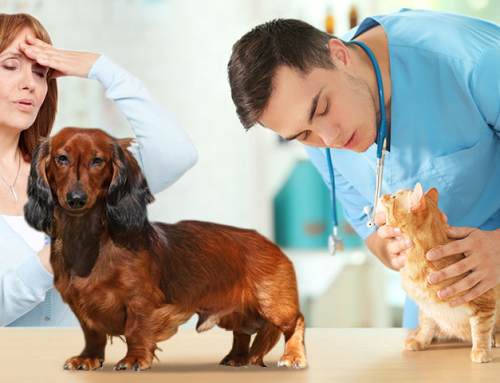
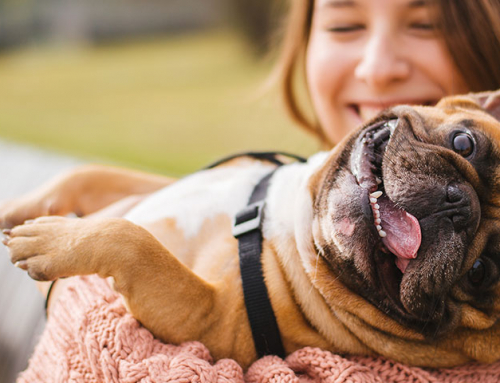

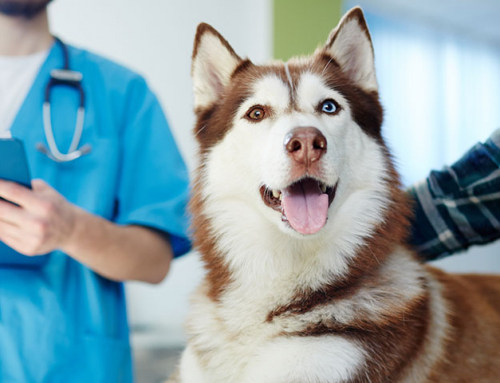
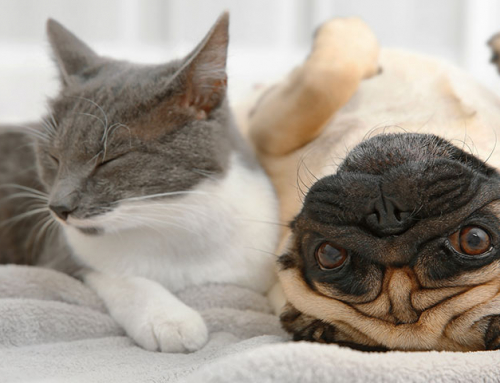
Leave A Comment